Discover our partners
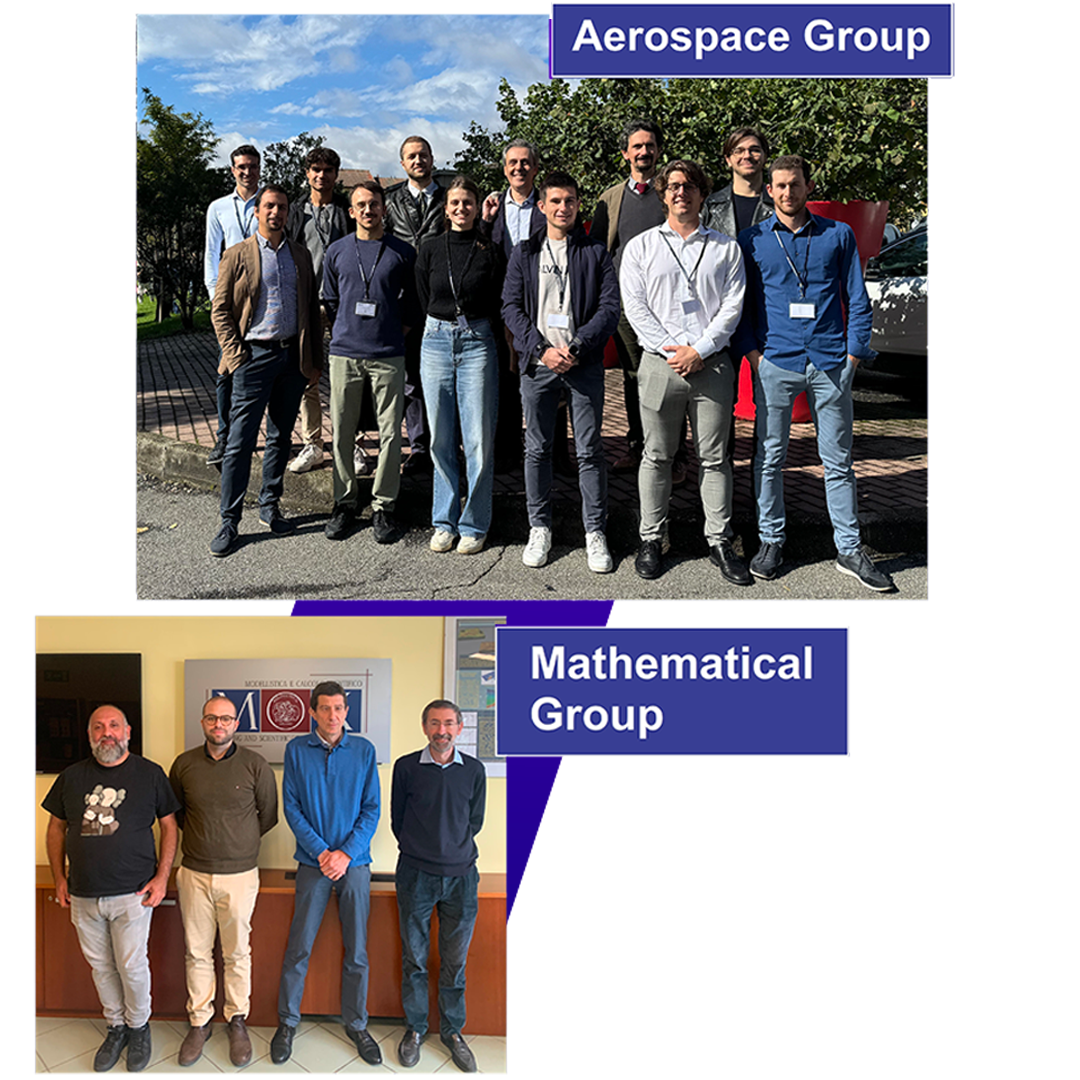

PoliMI leads the IPROP project, supported by a qualified group of researchers performing theoretical, numerical and experimental studies in the area of plasma physics applied to aerospace engineering. The specialists belong to different departments of PoliMi and share several competencies in fundamental and applied plasma physics as well as in aerospace science and technology.
The members of Aerospace Science and Technology Department (DAER) have many years of experience in modeling and experimentation on non-thermal plasma, in space propulsion, electric propulsion and innovative design for aeronautics.
The members of Mathematics Department (DMAT) have a wide expertise in modeling and simulation of fluid dynamics and plasma physics, including the topics involved in the IPROP project as ionization processes, chemical reactions, theoretical and numerical modeling of ionic wind and electric thrust.
The common interests include research applications with low impact on the environment, as flow control for reducing fuel consumption and ionic propulsion for atmospheric flight with low emissions and very low noise.
The members of the teams are: Marco Belan (coordinator), Carlo E.D. Riboldi, Stefano Cacciola, Filippo Maggi, Paolo Barbante, Lorenzo Valdettaro, Carlo de Falco, supported by the junior researchers Raffaello Terenzi, Stefano Trovato, Davide Usuelli and Giuseppe Caliò.
▹ For more information, visit the website: https://pat.polimi.it/
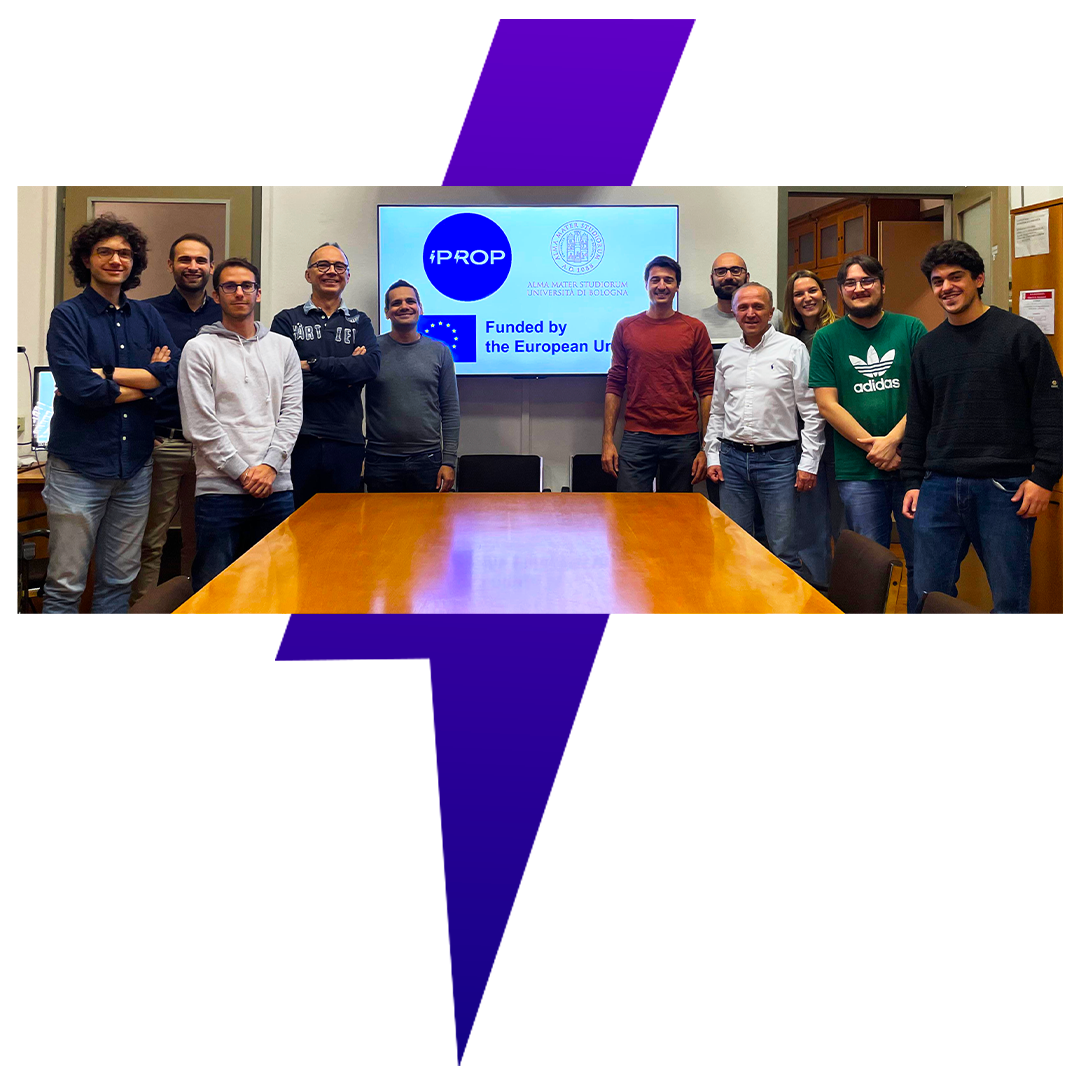
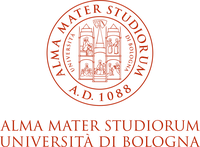
The University of the Bologna is one of the oldest University in the western world being active since the end of the eleventh century.
The IPROP team involves personnel belonging to the Department of Electrical, Electronic and Information Engineering “Guglielmo Marconi” (DEI). DEI makes available to the project the skills concerning the modelling and experimental aspects of the study of plasmas (Plasma Technology Laboratory – PTL); the experience on power electronic circuits, storage and photovoltaics (SOLARTRONIC-Lab); the skills in the field of dielectrics and electrical insulation systems (LIMES Lab).
The equipment available for the project activities includes a small vacuum chamber, a spectroscope coupled with an intensified CCD camera, several high voltage systems for studying the aging of dielectrics under various operating conditions, various digital oscilloscopes, probes, power electronic prototyping boards, HIL emulation tools, and a PV array with storage.
The experienced team is composed by: Giorgio Mongaretto (PhD Student), Giacomo Pierotti (Post Doc), Sara Baldisserri (PhD Student), Davide Fabiani (Associate Professor), Riccardo Mandrioli (Assistant Professor), Gabriele Neretti (Associate Professor), Mattia Ricco (Associate Professor), Andrea Cristofolini (Full Professor – local unit coordinator), Fabio Ragazzi (PhD Student), Simone Vincenzo Suraci (Assistant Professor), Arturo Popoli (Assistant Professor)
To know more on UNIBO, check the following websites:
▹ https://dei.unibo.it/en/index.html
▹ https://site.unibo.it/plasmatechlab/it
▹ https://dei.unibo.it/it/ricerca/laboratori-di-ricerca/solartronic-lab
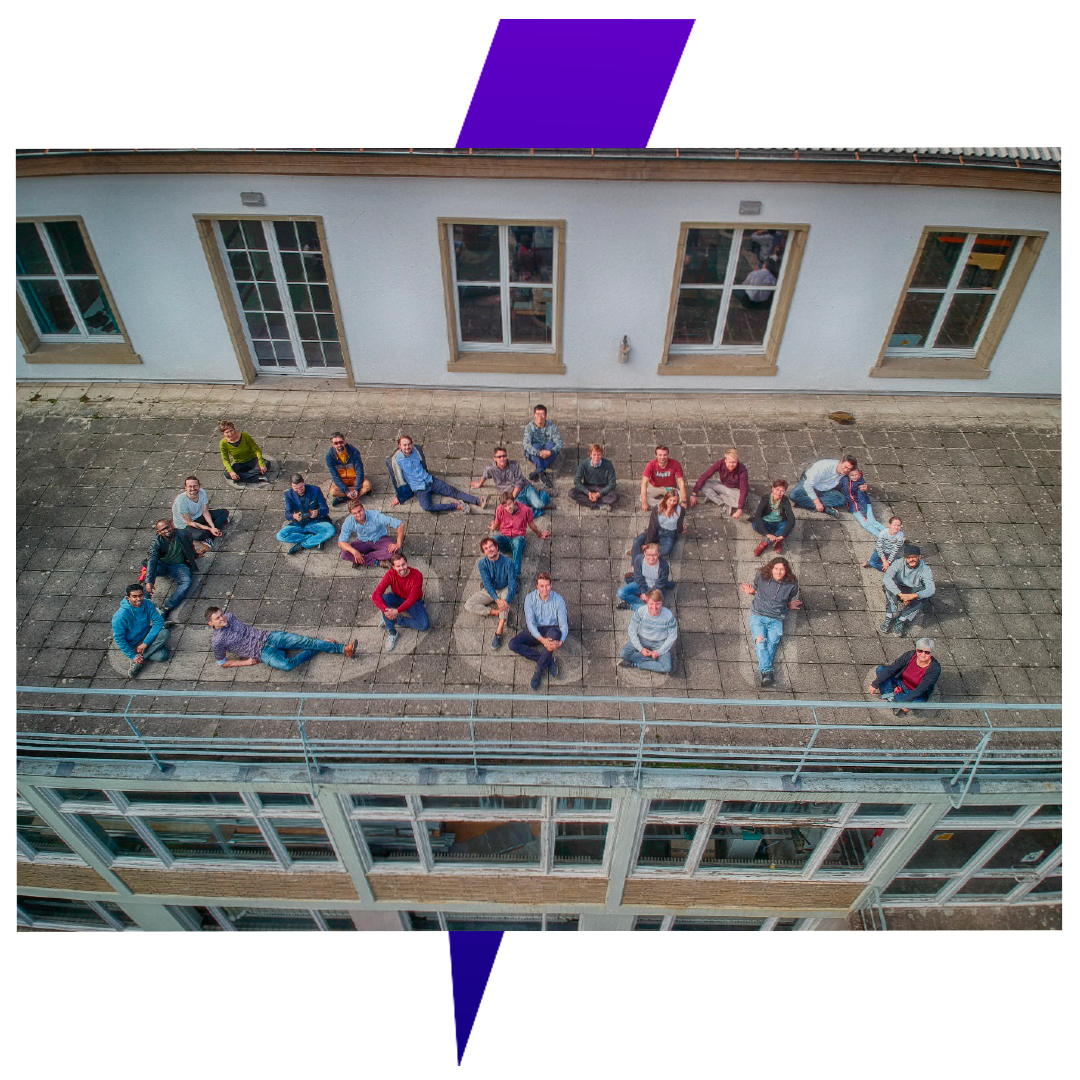
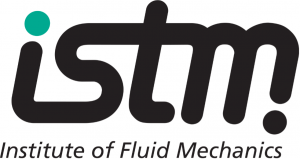
The Karlsruhe Institute of Technology (KIT) is “The Research University in the Helmholtz Association.” As the only German university of excellence with a national large-scale research sector, KIT offers unique learning, teaching, and working conditions to students, researchers, and employees. The roots of the academic education institution extend all the way back to 1825. Today’s structure of KIT is the result of the merger of the Technical University of Karlsruhe and Karlsruhe Research Center in 2009.
The Institute of Fluid Mechanics (ISTM) at KIT provides an introduction to the several fluid-mechanical topics through various lectures, internships and seminars for students of mechanical engineering and the International Department. Research at the ISTM combines theoretical, numerical and experimental methods, where major emphasis is placed on the characterization, prediction and control of fluid flows.
IPROP-related research efforts at ISTM revolve around the development of a precise and robust performance evaluation metric to comprehensively examine various electro-aerodynamic thruster devices for stratospheric airships. Multiple measurement techniques are evaluated and compared, ranging from force measurements to a variety of (laser-)optical flow diagnostics. Currently, experiments are conducted in quiescent air, with plans for expanding to moving air, varying atmospheric pressure conditions, larger wingspans and multiple actuator array configurations as well as long-term material studies.
▹ For more information, visit: https://www.istm.kit.edu/, https://www.kit.edu/
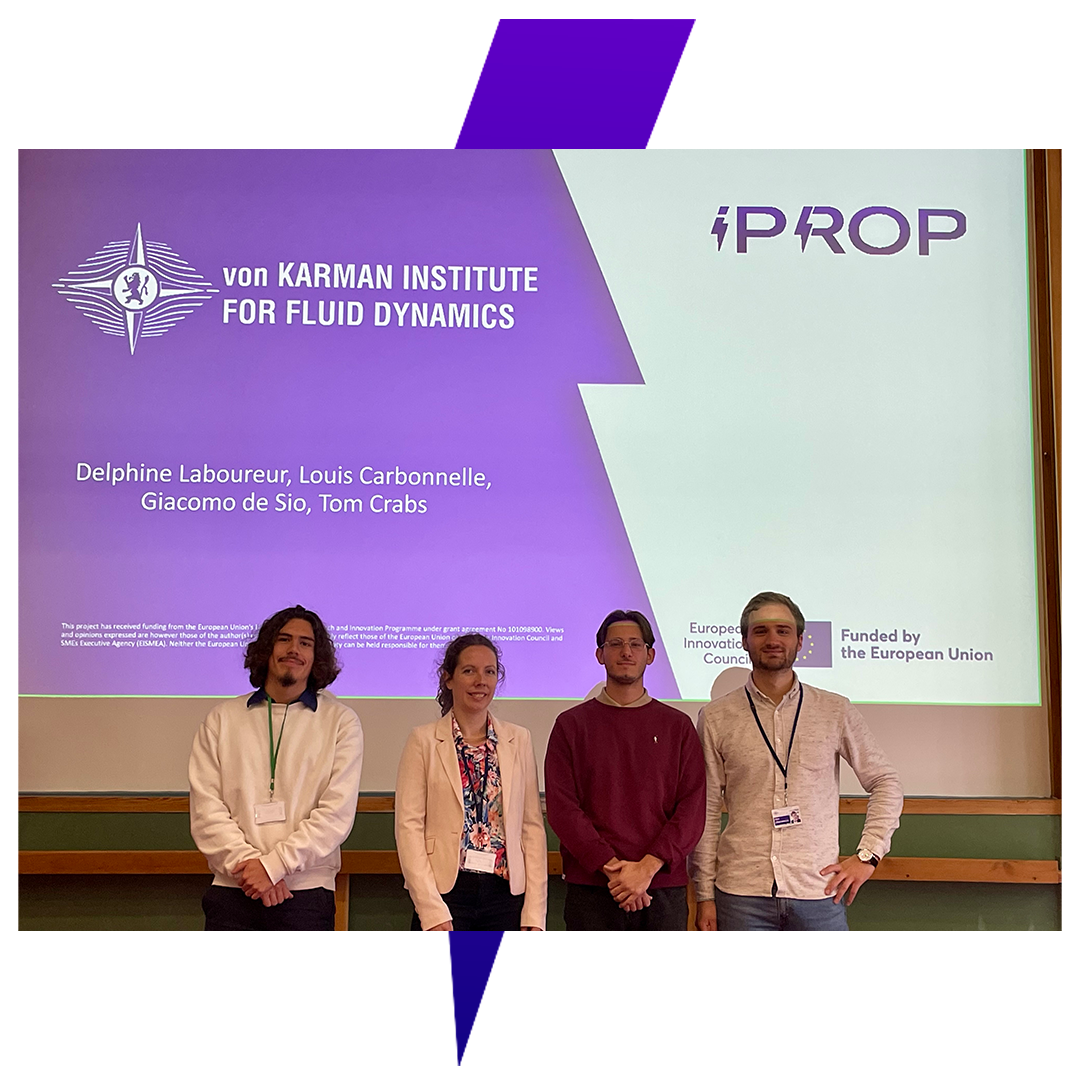

The von Karman Institute for Fluid Dynamics (VKI) is a globally renowned center for education and research in fluid dynamics. Founded in 1956 by the visionary Professor Théodore von Kármán, VKI is located near Brussels and serves as a hub of excellence in fields such as aeronautics, aerospace, turbomachinery, propulsion, and more.
With a team of 140 experts, VKI trains approximately 200 students and researchers annually, delivering hands-on, high-quality training for both industry professionals and academics. The institute boasts around 50 wind tunnels and specialized test facilities, some of which are globally unique.
Moreover, VKI is the Belgian Pilot Center for OpenFOAM, offering specialized courses and seminars on OpenFOAM applications, machine learning in fluid dynamics, physics of atmospheres, aeroacoustics, hypersonics, and more.
▹ For more information, visit the website: www.vki.ac.be/index.php
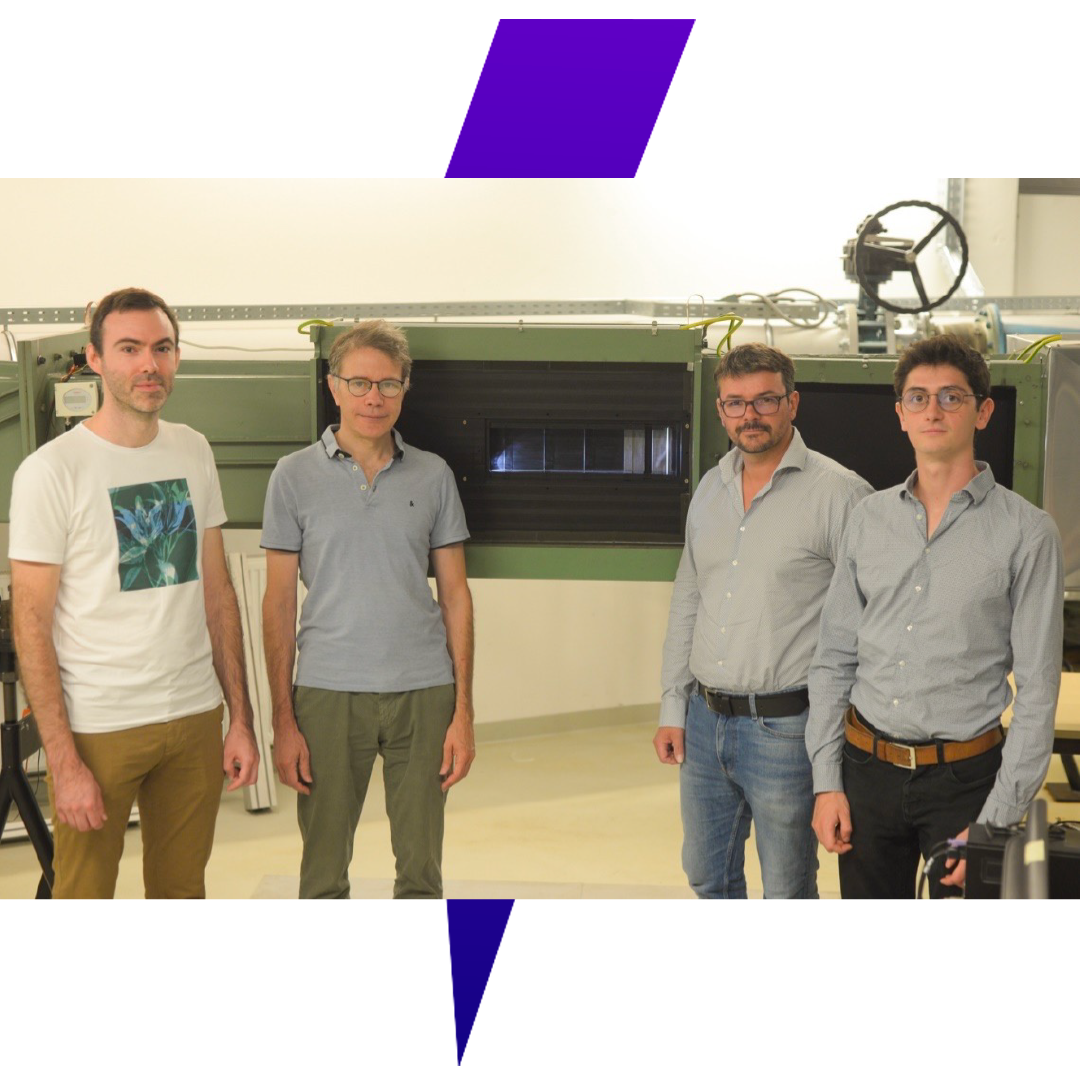

The Institut Supérieur de l’Aéronautique et de l’Espace (ISAE-SUPAERO; Higher Institute of Aeronautics and Space) is a French “grande école” of engineering, founded in 1909. It is the world’s first dedicated institute of aerospace engineering. Interdisciplinary approach is combined with the most advanced research on scientific knowledge, models, and methodological approaches. Furthermore, active studies are performed in order to develop tools for designing aeronautics, space engineering and embedded systems from the expression and definition of requirements up to verification and validation (V & V) as well as qualification for certification.
The ISAE-SUPAERO research strategy integrates industrial and social sustainable development objectives while encompassing every aspect of aerospace system performance including security, safety, resilience, competitiveness, virtualization (digital), new technologies, and innovative processes, services and concepts.
The DAEP (Département d’Aérodynamique, Energétique et Propulsion) contributes to the project by analysing the coupling between aerodynamics and the electrostatic problem causing the thrust. The DAEP is engaged in an experimental approach to quantify this linkage, and the opportunity to benefit from it. A high-speed wind tunnel is equipped with a measuring device sensitive enough to capture the thrust force, which is, for the moment, embedded in the electrode drag.
▹ For more info, visit the website: www.isae-supaero.fr/en/
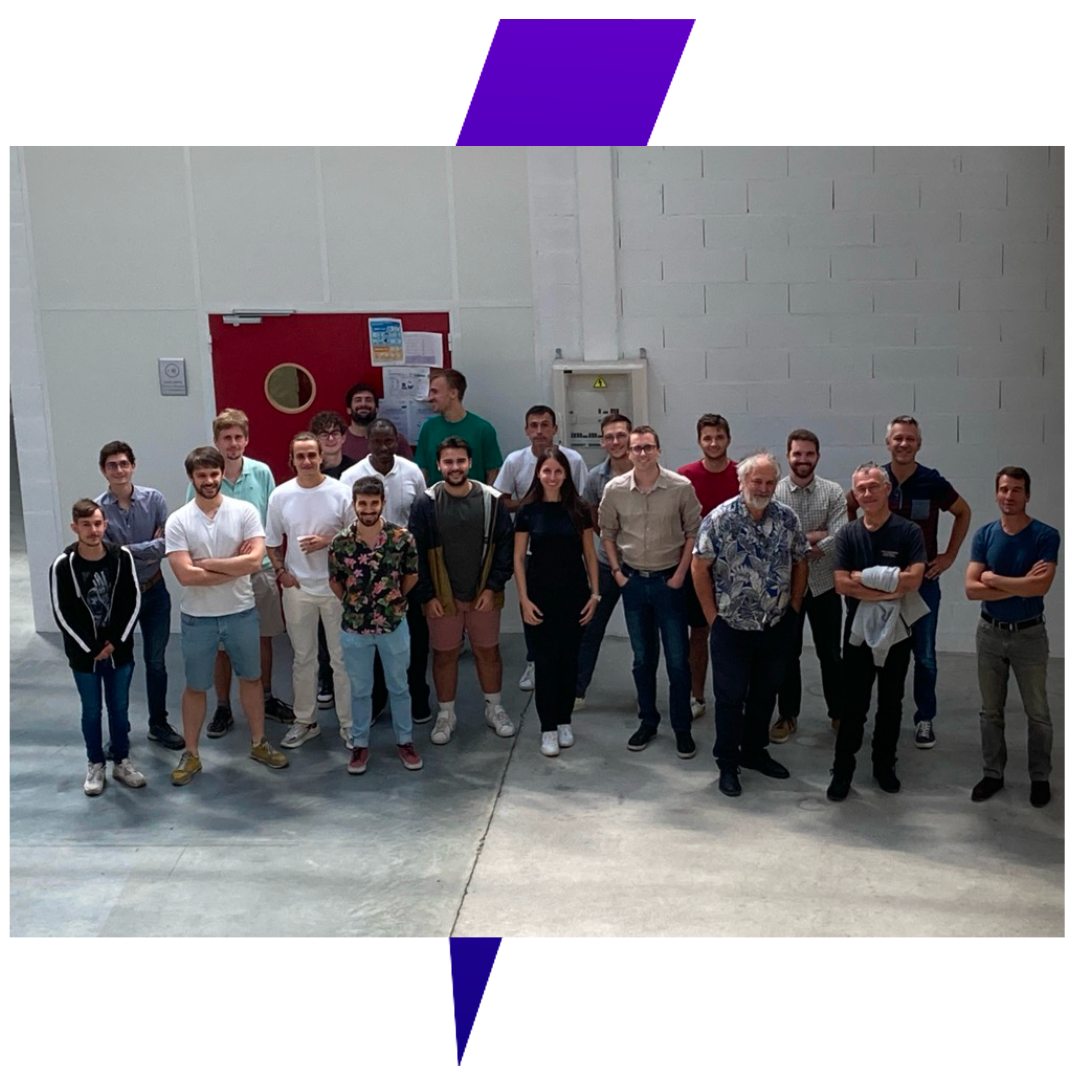
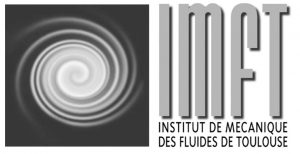
The CNRS partners are asssociating the Fluid Mechanics Institute of Toulouse (IMFT UMR 5502) and the Plasma Physics laboratory (LPP, UMR 7648).
IMFT, with its rich history tied to hydroelectric development in the Pyrenees and the aeronautical industry, has evolved since the 1970s to encompass turbulence modeling, porous media transfers, and numerical simulations in fluid mechanics. Established by the visionary Professor Charles Camichel and expanded by Professor Léopold Escande, IMFT has grown to become France’s largest fluid mechanics institute, hosting nearly 200 researchers and academics. In the IPROP project, IMFT is leveraging its expertise in Electro-Hydrodynamic modeling to advance ionic wind propulsion technology.
LPP stands as a leading plasma science institute in France, specializing in cold plasma research, with a strong focus on both fundamental studies and technology transfer. In IPROP project LLP contributes its expertise in atmospheric pressure’s glow discharge sources in order to help finding innovative sources for ionic wind propulsion.
▹ For more information, visit the website: www.imft.fr; www.lpp.polytechnique.fr
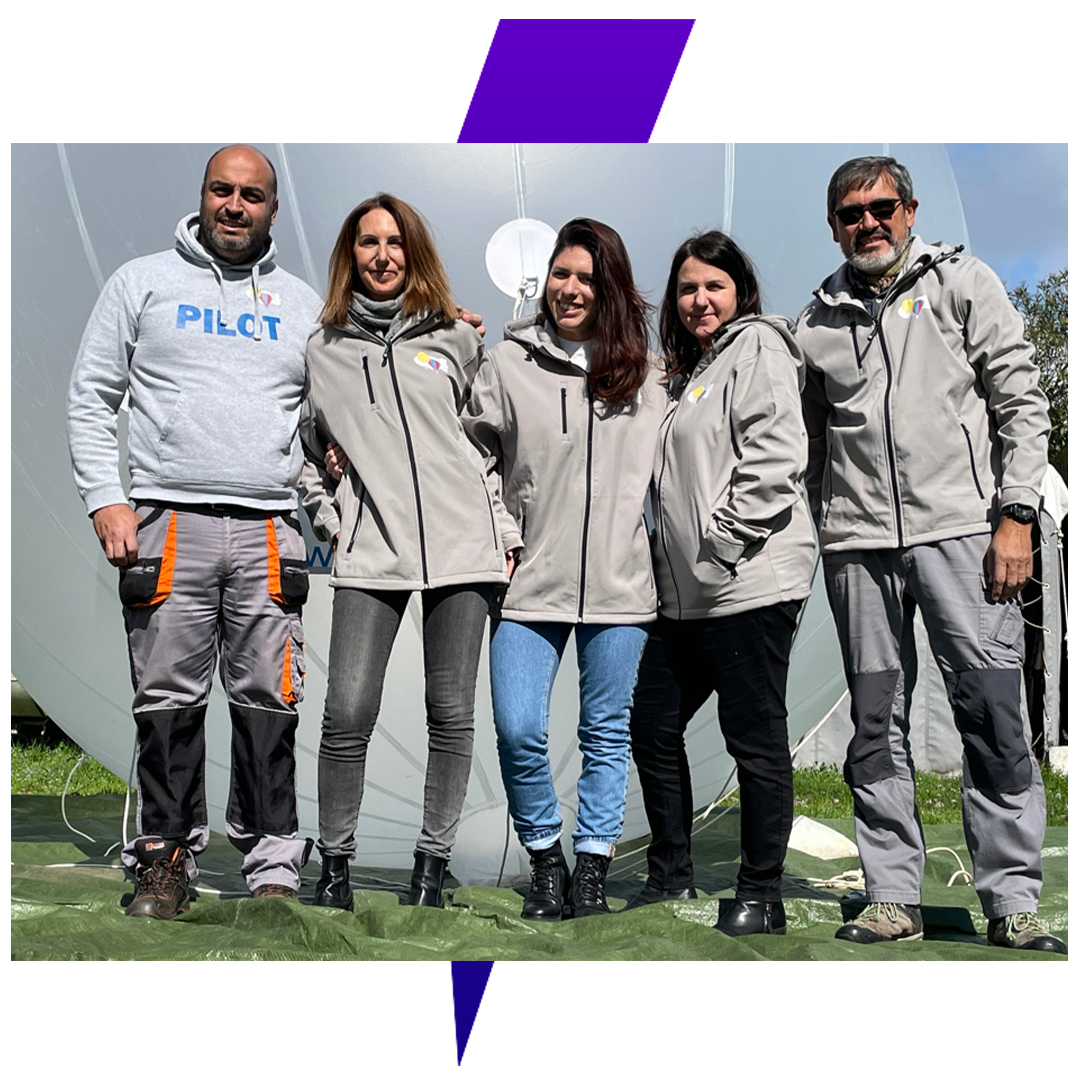

Aeronord is a family-owned company with a deep passion for aviation since 1960. Initially managing advertising campaigns in Italy using German helium balloons for both captive and free flights, Aeronord’s passion for flying goes even further back. The founder’s father, a respected airplane test pilot before and after World War II, pioneered Italy’s first advertising airplanes company.
In the 1970s, Aeronord began producing its own helium balloons, continually refining its materials and techniques through hands-on innovation.
In the IPROP project, Aeronord plays a key role as an operational and production partner, taking charge of constructing the blimp (excluding the engine) and managing flights in “WP4 Design of an iconic propulsion airship demonstrator” and “WP5 Production and testing of an iconic airship demonstrator”.
The company will also contribute to refining the design, selecting optimal materials, and providing key guidelines for the “Conceptual design of a full-scale stratospheric airship” based on WP6 outcomes.
▹ For more information, visit the website: www.aeronordaerostati.it
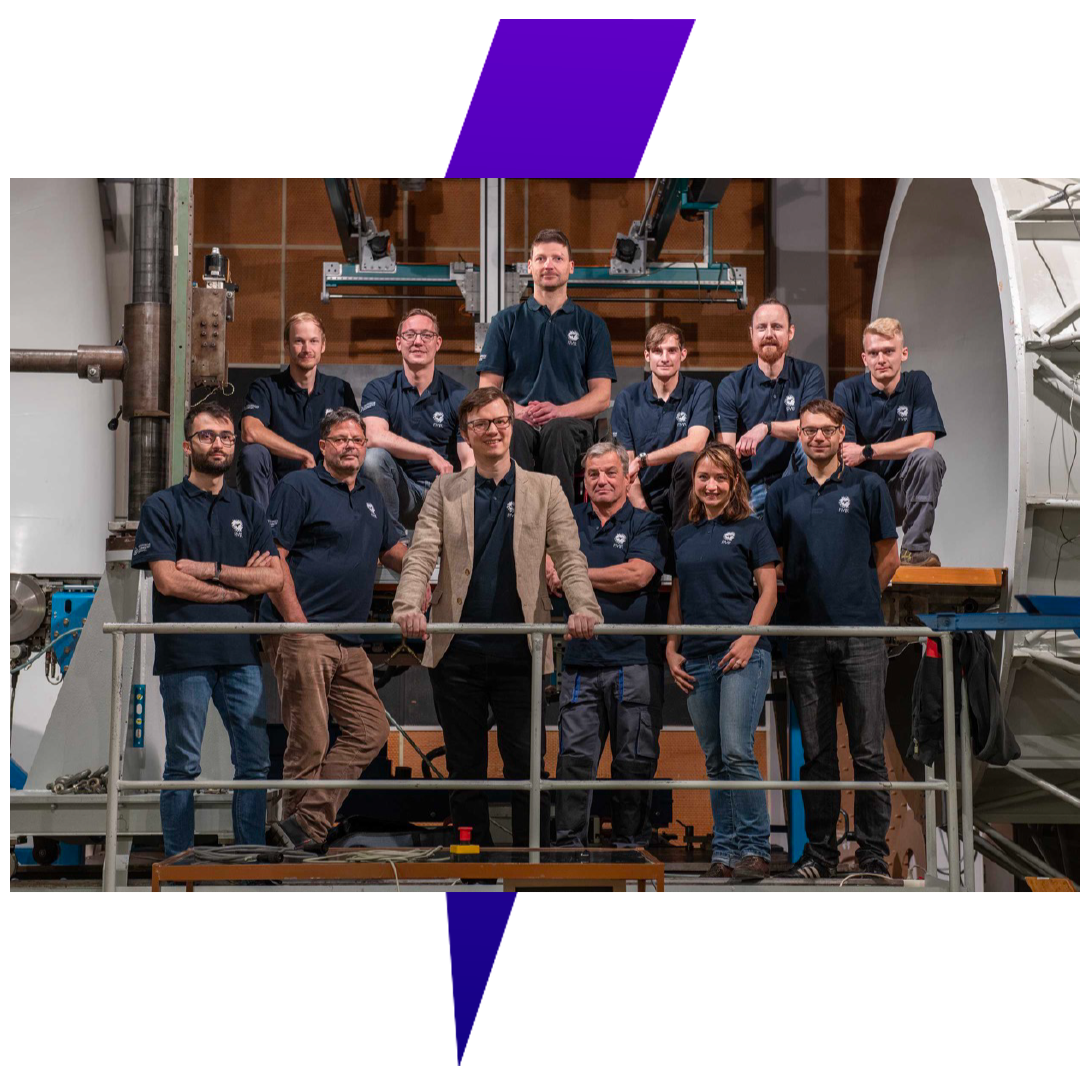

TUD Dresden University of Technische is one of the largest Universities of Technology in Germany and is among the leading and most dynamic universities in the country. With 17 Faculties across five Schools, it offers a widespread range of 119 degree programs and covers a broad spectrum of research. Its focuses on Life Sciences, Quantum Materials, Microelectronics, Tactile Internet, Materials Science, Data-Intensive and Digital Sciences, Circular Economy and Societal Change are considered exemplary across Europe. Since 2012, TUD has been one of the eleven German Universities of Excellence.
TUD contributes to the IPROP project in two primary areas. First, it applies its expertise in experimental investigations for material aging tests of the ion wind thruster, conducted in the university’s vacuum wind tunnel, where experiments include adjustments in density and flight speed. Second, it brings its core expertise in flight mechanics and control systems to the project.
▹ For more information, visit the website: https://tu-dresden.de/
